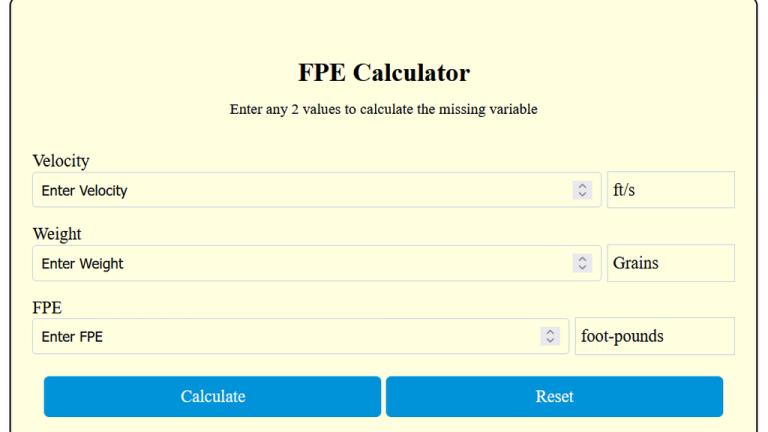Price Per Gram Calculator
The Price Per Gram Calculator can provide you an easy way to calculate the cost of goods per gram. This is particularly valuable in various industries, such as food, jewelry, and precious metals.
The Price Per Gram Calculator can provide you an easy way to calculate the cost of goods per gram. This is particularly valuable in various industries, such as food, jewelry, and precious metals.
Here, the pricing that is based on weight is standard. By knowing the price per gram, consumers and businesses alike can make informed purchasing decisions, compare prices effectively, and set competitive pricing strategies.
| Variable | Description |
|---|---|
| PPG | Price per Gram |
| TP | Total Price |
| TW | Total Weight in Grams |
Example 1:
| Step | Calculation |
|---|---|
| Total Price | $200 |
| Total Weight | 500 grams |
| Price per Gram Calculation | |
| Result | $0.40 per gram |
Answer: The price per gram is $0.40.
Example 2:
| Step | Calculation |
|---|---|
| Total Price | $350 |
| Total Weight | 700 grams |
| Price per Gram Calculation | |
| Result | $0.50 per gram |
Answer: The price per gram is $0.50.
The Price Per Gram Calculator is a handy tool. It has the capability to calculate the cost of a product based on weight, specifically per gram. This can be especially useful for buying items sold by weight, such as food, precious metals, or other goods where cost comparison is essential.
To use this calculator, simply enter the total price and the weight of the item in grams. The calculator divides the total price by the weight to provide the cost per gram, enabling easy price comparisons across different quantities and products.
On the whole, this accessory is particularly useful for grocery shopping, budgeting, and evaluating the value of items like gold, silver, or other materials priced by weight.
Lastly, the Price Per Gram Calculator makes cost analysis by weight straightforward, helping shoppers, jewelers, and anyone dealing with bulk purchases make informed financial decisions.
![CC to Lbs Calculator [Convert Cubic Centimeters to Pounds 2025] 1 CC to pounds conversion calculator for accurate weight measurement conversions from cubic centimeters to pounds. Perfect tool for engineers, chefs, and designers needing precise volume-to-weight calculations.](https://areacalculators.com/wp-content/uploads/2025/07/cc-to-lbs-calculator-768x432.png)
Multiply the cubic centimeters (CC) by the density of the material to convert it to pounds. The CC to Lbs Calculator is a tool that is designed to convert cubic centimeters (CC) into pounds (Lbs) based on the density of the material. This conversion is commonly used in engineering, automotive applications, and scientific calculations. For…
To determine yarn production, input the parameters such as bobbin diameter, spindle speed, yarn count, and other necessary factors into the formula. This ensures accurate production data for spinning processes. The Yarn Production Calculator is a vital tool for textile industries. It simplifies complex spinning calculations, allowing manufacturers to optimize production and reduce waste. With…

To calculate the marginal propensity to consume (MPC), divide the change in consumption (CC) by the change in income (CI). The MPC Calculator is very suitable for calculating the marginal propensity to consume (MPC). It measures the proportion of additional income that is spent on consumption. In essence, MPC is an important concept in economics,…
To calculate the voltage, divide the power (P) by the current (I) in amps. The Amp to Volt Calculator is a practical tool that allows you to calculate the voltage (V) given the power (P) and the current in amps (I). This is commonly used in electrical engineering and energy calculations to determine the voltage…

To calculate FPE (Foot Pounds of Energy), square the velocity (V), multiply it by the weight (W), and divide by 450,240. The FPE (Foot Pounds of Energy) Calculator is here for you to calculate the energy output of an airgun or pellet gun. In other words, it determines how much energy a projectile will have…

9 / 100 SEO Score To convert BTUs to watts, multiply the number of BTUs by the conversion factor 0.29307107. This will give you the equivalent power in watts. The BTU to Watts Calculator helps you quickly and accurately convert BTU (British Thermal Units) to Watts, a crucial conversion in HVAC, heating, and cooling systems….